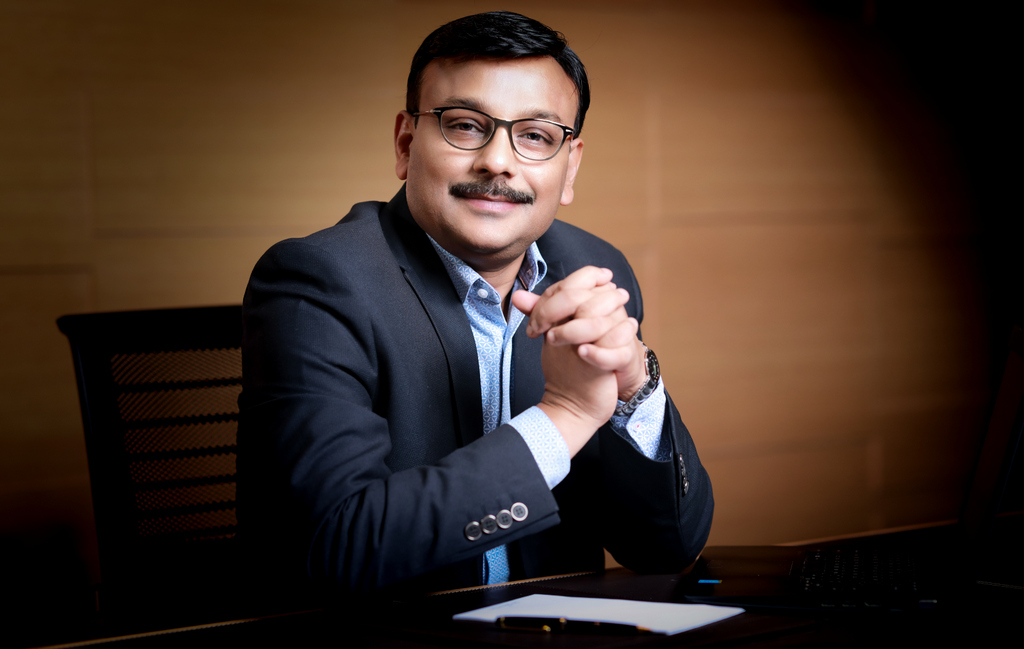Dinesh Agarwal, Founder and CEO of IndiaMART, recently appeared in a Prime Venture Podcast to talk about his company’s journey from inception to IPO.
In 1995, when the then Prime Minister PV Narashima Rao declared that the internet had finally arrived in India, Dinesh Agarwal quit his job in HCL America and returned to India. He admitted that he had no idea back then what he wanted to do in India with the internet. However, while searching for potential Indian exporters for whom he could develop websites, Dinesh stumbled upon the idea of building an online B2B marketplace.
Today, IndiaMART’s market capitalisation is over Rs 14,800 crore. In an episode of the Prime Venture Podcast, the IndiaMart CEO talked about how his journey has been strategic and enlightening.
IndiaMART’s defining moments
Dinesh admitted that IndiaMART’s initial days were not exactly comfortable. “In those days, the Indian user base was very minuscule. [There were] hardly 5,000-10,000 users in India,” he recollects. However, the first turning point came when Dinesh and his team decided to follow a B2C-like approach in the Indian B2B space.
“For five years, starting from 1997 to 2001, we did a free listing of every export business. When we received inquiries for those businesses every day, we printed them in the evening, faxed them overnight, and next day, sent those inquiries by post,” says Dinesh. This online-offline hybrid model made IndiaMART a popular name among Indian export businesses.
Following this, the dot-com bust enabled IndiaMART to acquire a deep pool of talent. Dinesh shared that while most dot-com companies were folding around them, IndiaMART was profitable, which enabled them to attract both talent and customers.

From listing businesses to becoming a marketplace
Dinesh mentioned that for almost 10 years, IndiaMART expanded slowly. Till 2007, the site was only listing export businesses and offering website development along with search engine optimisation. “But during 2007-08, a few things started changing. One, the domestic internet adoption took off. Second, mobile phones became very powerful. Third, [there] was a lot of domestic inquiry. And fourth, I could see that now exports are not going to go anywhere over the next couple of years.”, he adds.
He turned his attention to India’s B2B market because he saw an opportunity as both the buyer and supplier existed in the same place. IndiaMART’s founding team finally decided to raise funds to expand exponentially. “And in 2010, we did ‘blitzscaling’. In 52 weeks, we opened 52 offices,” he recollects.
Bundling and unbundling
Dinesh switched gears to talk about what he thought about bundling and unbundling in the Indian B2B space. “In the US and China, there may be 20 large verticals which are billion-dollar-plus. [But] in India, there are hardly four [such] verticals,” explains Dinesh. He added that India is still 10 years away from having strong verticals like in the West and India’s path to that destination will also be very different.
Advice for aspiring entrepreneurs
He urged all aspiring entrepreneurs to think long-term, keep learning, and don’t quit. “Keep learning the tricks of the game. There is no point in quitting. Quitting is not advisable. You just keep participating, keep participating, and don’t die. Those are the only two things. Don’t quit and don’t die.”, said Dinesh.
To know more listen to the podcast here
Timestamps:
01:00 – Founding story of IndiaMART
09:00 – IndiaMART’s journey into the domestic B2B space
20:00 – Bundling and unbundling; verticalisation; superapps
25:00 – Opportunities in Indian B2B space
29:10 – Keep learning and don’t go home

